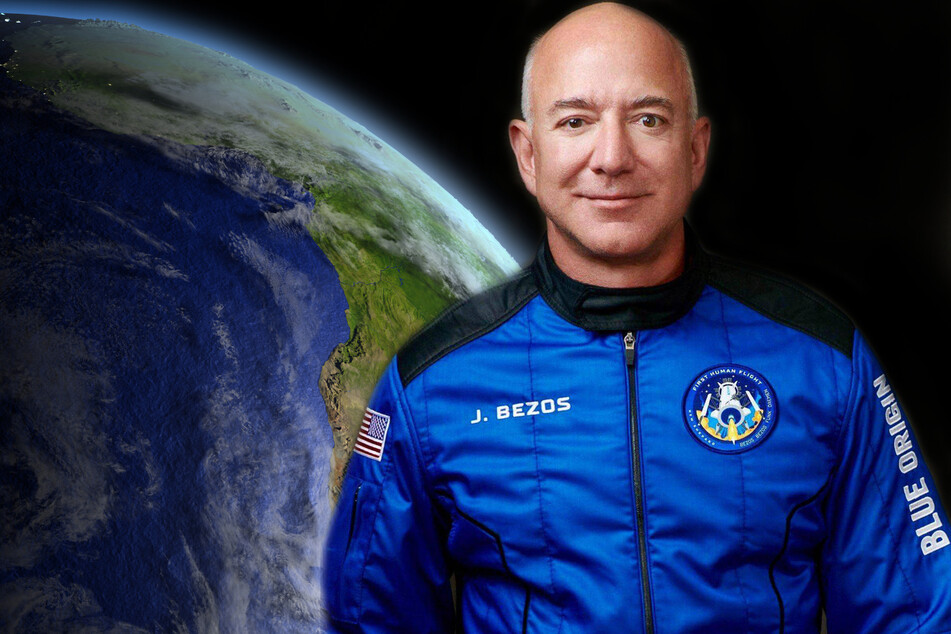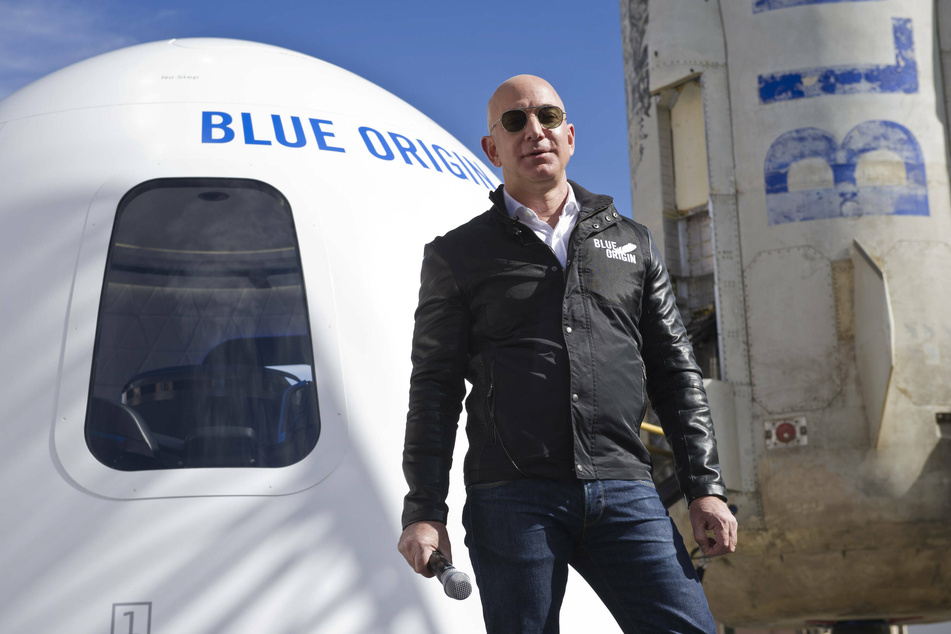Jeff Bezos thinks Earth will only be a vacation desination in the future
Washington DC – Jeff Bezos, former Amazon CEO and the founder of space tourism company Blue Origin, has said he thinks in future humans will "visit Earth the way you visit Yellowstone National Park."

Bezos believes that he and the ultra-rich of the world are soon going to find a way to make humans an interplanetary species colonizing different planets.
During a session at National Cathedral in Washington DC, Bezos told NASA administrator Bill Nelson that his company is focusing on removing the most harmful industry away from Earth so the planet can be preserved.
He also predicts that in the future, there might be children who will call space their home.
Bezos is the second-richest person in the world, according to the Bloomberg Billionaires Index.
Bezos, like his main rival Elon Musk, is seeking success in the space-tourism industry and believes that a bigger and more space-oriented next phase is starting.
"Millions of people will move from Earth to space over time. And that's the vision of Blue Origin – millions of people working in space," Bezos said.
"Over centuries, most or many of the people will be born in space. It will be their first home. They will be born on these colonies, they will live in these colonies. They may visit Earth the way you would visit Yellowstone National Park,"
Bezos proposes his own solution to growing population

Bezos also talked about how many people he thinks Earth can actually sustain.
"This Earth can support, let's say, 10 billion people to a certain degree. We'd have to work really hard to figure out how to do that without degrading the planet. The solar system can support a trillion people," he said.
Therefore his solution to the population increase is to find more space in the solar system where humans can live.
Bezos sees space tourism as nothing new and said the focus now is to make it consistent and somewhat cheaper.
"The hard part is not space travel – that part was solved in the 1960s. Not reusability – the space shuttle sort of did that. The hard part is operational reusability. It requires practice to get it right."
Cover photo: Collage: IMAGO / agefotostock & IMAGO / Cover-Images
